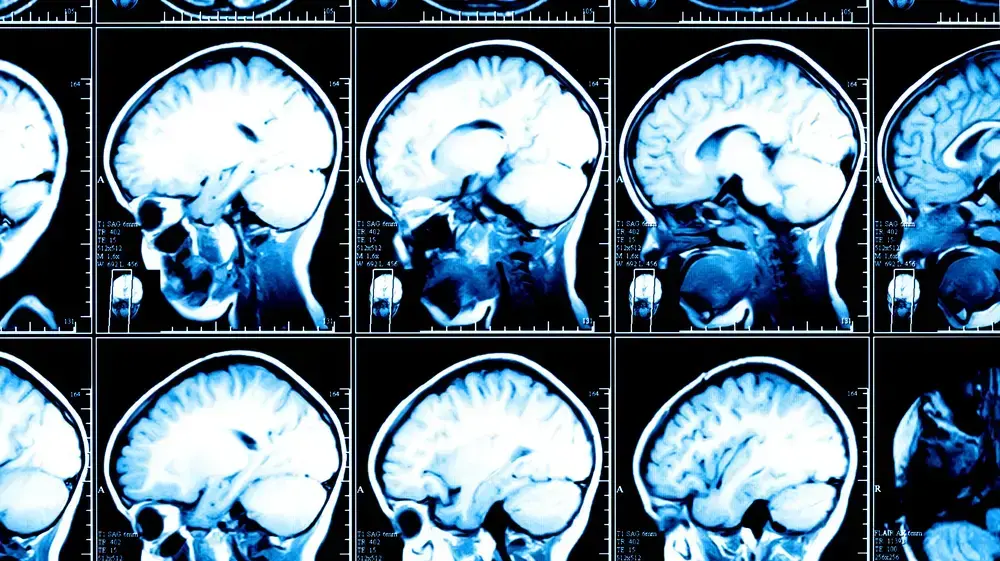Each brain has a unique imprint, just like fingerprints and for the first time this unequivocal signature was captured thanks to the technique developed in Switzerland, at the Lausanne Polytechnic, by the group led by the Italian Enrico Amico. Published in the journal Science Advances, the new technique promises to have important consequences both for the study of the brain and for the understanding of neurodegenerative diseases such as Alzheimer's, as the consequences of stroke or even for understanding autism more deeply. or the mechanisms underlying drug addiction.
Capturing the brain imprint was possible thanks to the new techniques of image analysis obtained with magnetic resonance: in less than 2 minutes it is possible to obtain the signature of the brain activity, an identity that tends to fade in those affected by neurodegenerative diseases.
"Using simple images obtained with magnetic resonance in recent years we have learned to examine the activities and connections between the different areas of the brain", said Amico to ANSA. In this way, he continued, "we discovered that there are typical patterns of every single brain. Basically, and it is sensational for me and full of potential advances, it is possible to identify an individual from his brainprint", said the researcher, who left Italy after graduating from the Federico II University of Naples.
What makes the brain imprint unique are the so-called functional brain connectomes, a sort of timelapse that records all the activities detected by the machine and displays them in a single frame. Our connectomes change according to the activity carried out and the parts of the brain used, but within them patterns emerge that are preserved in each person, even after two years. Now, thanks to the work of Amico, 1 minute and 40 seconds of data taking are enough to recognize them.
The next step will be to compare the brain prints of healthy individuals with those of individuals with degenerative diseases, such as Alzheimer's.
"From the first analyzes - said Amico - it seems that the characteristics that make a brain fingerprint unique are constantly disappearing as the disease progresses. It becomes more difficult to identify people based on their connectomes. It is as if a person with Alzheimer's lost its cerebral identity ".
The discovery could therefore lead to techniques for detecting the onset of the disease early.
"It is another small step - concluded the researcher - towards understanding what makes our brain unique: the opportunities that could open up are unlimited".









